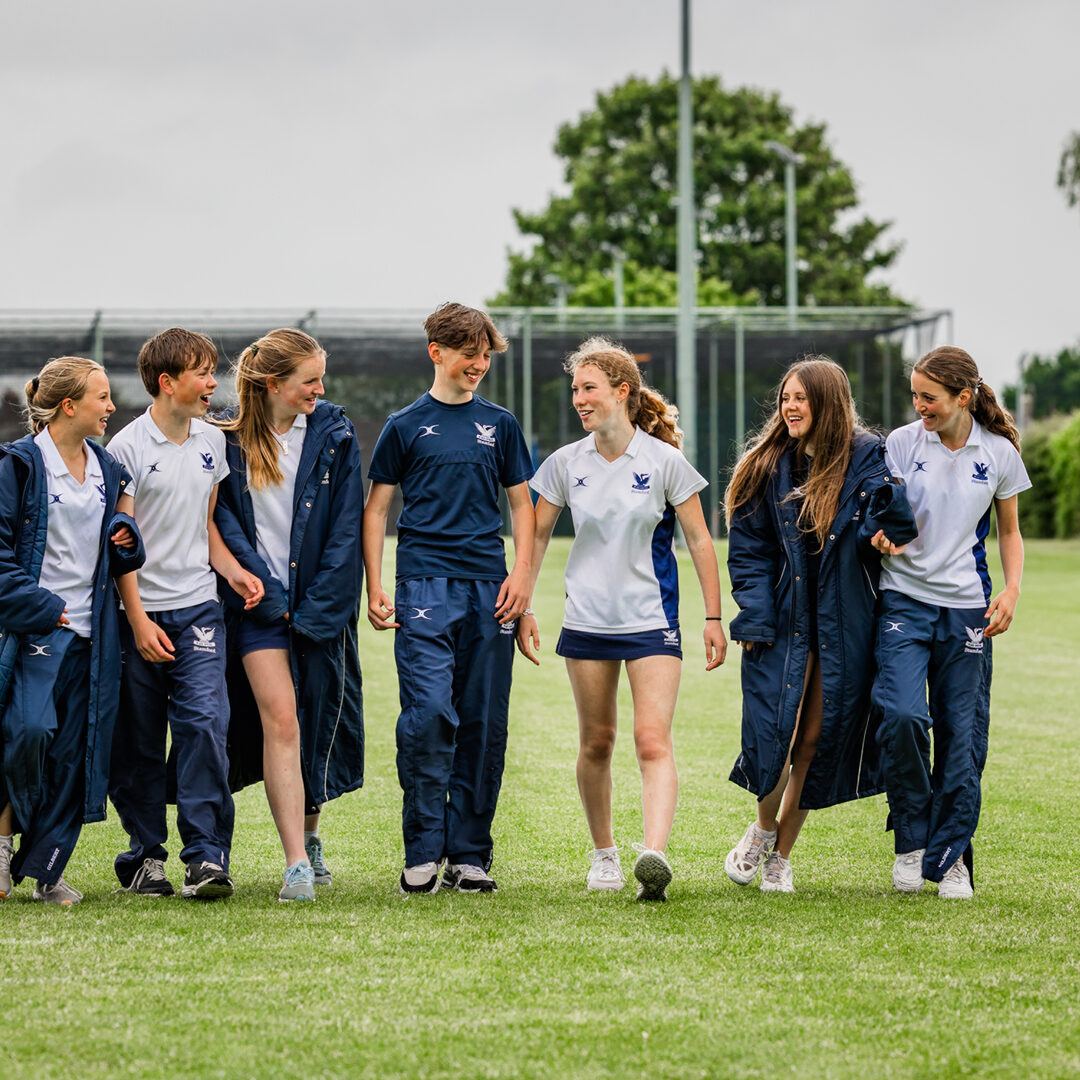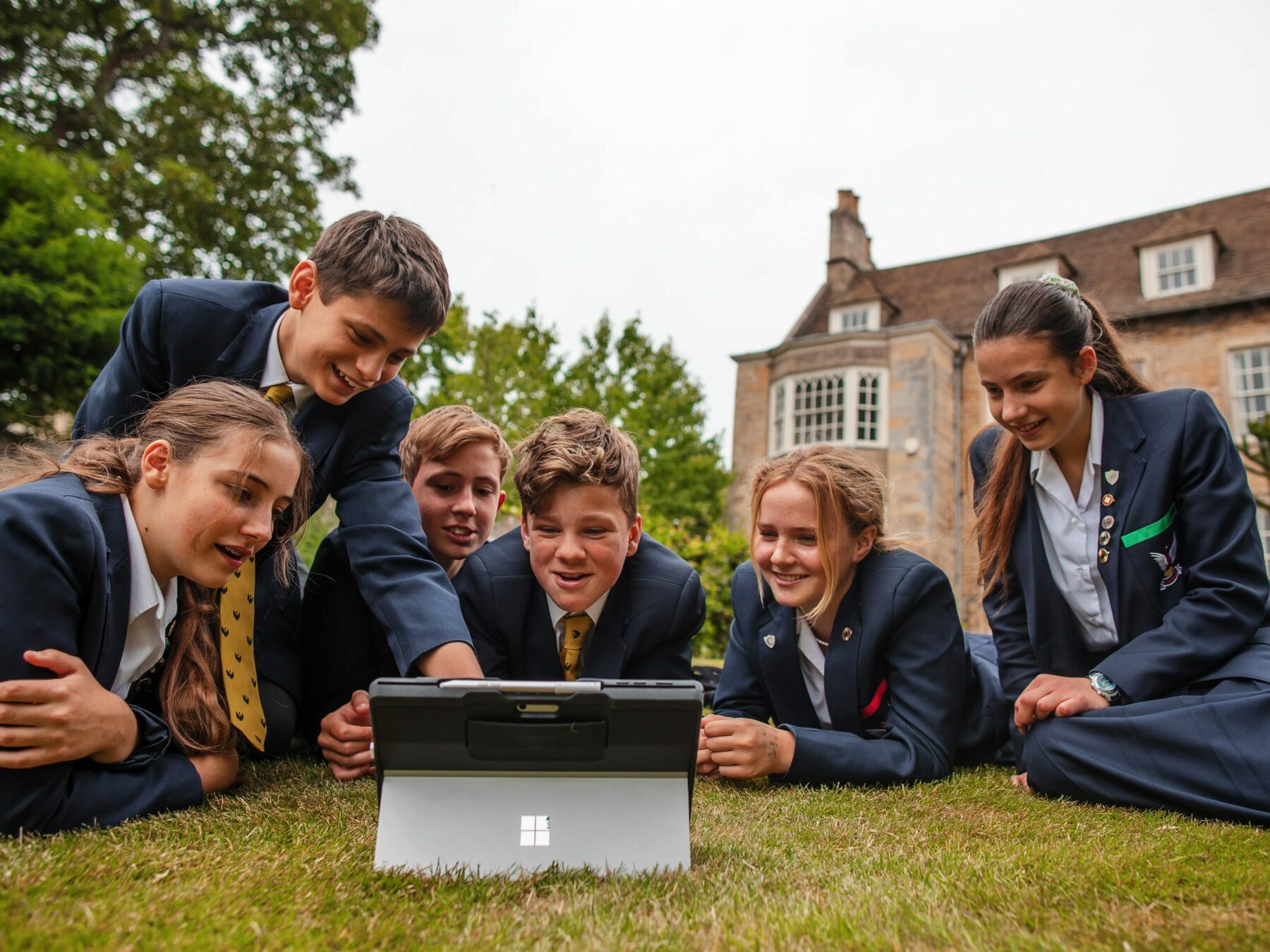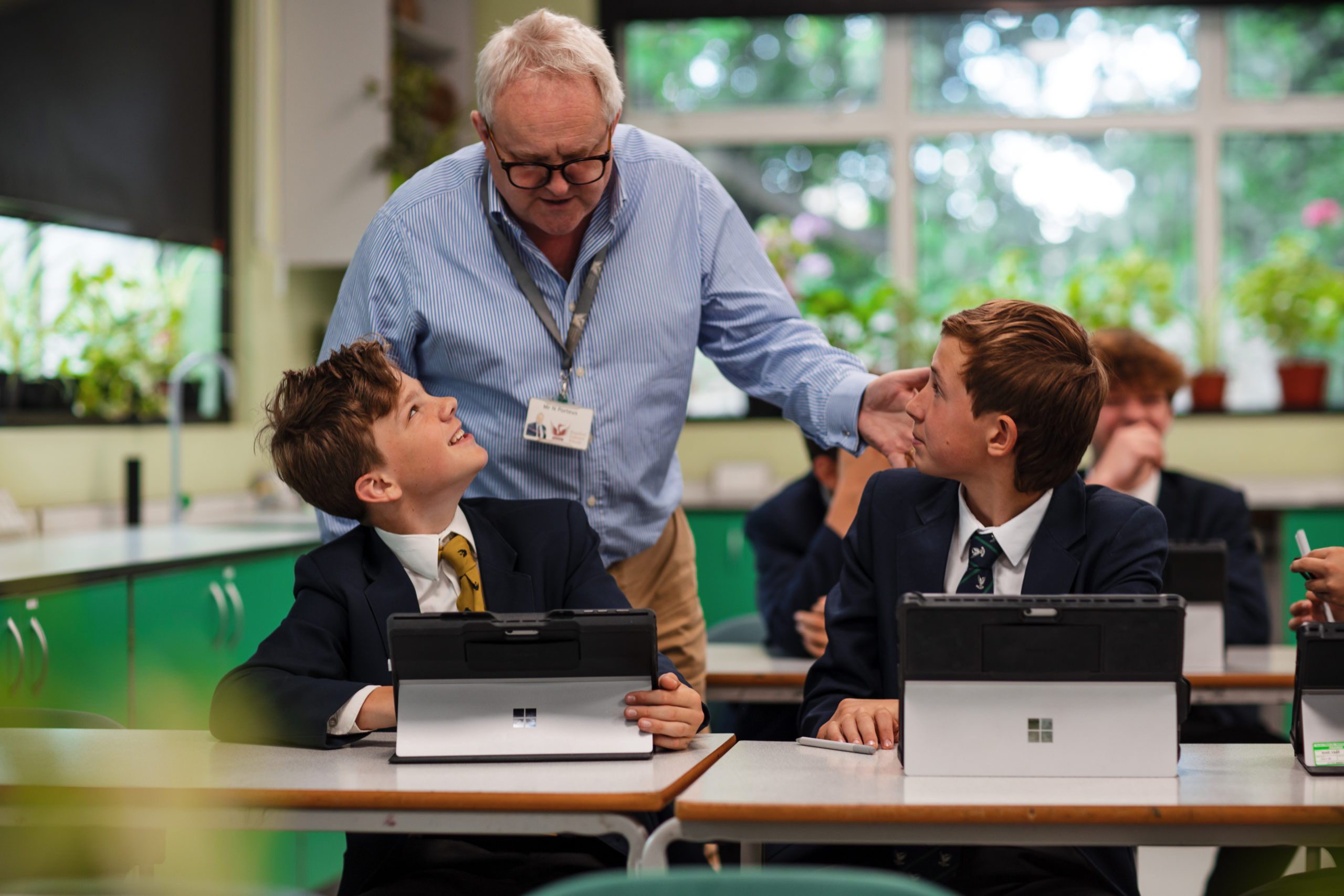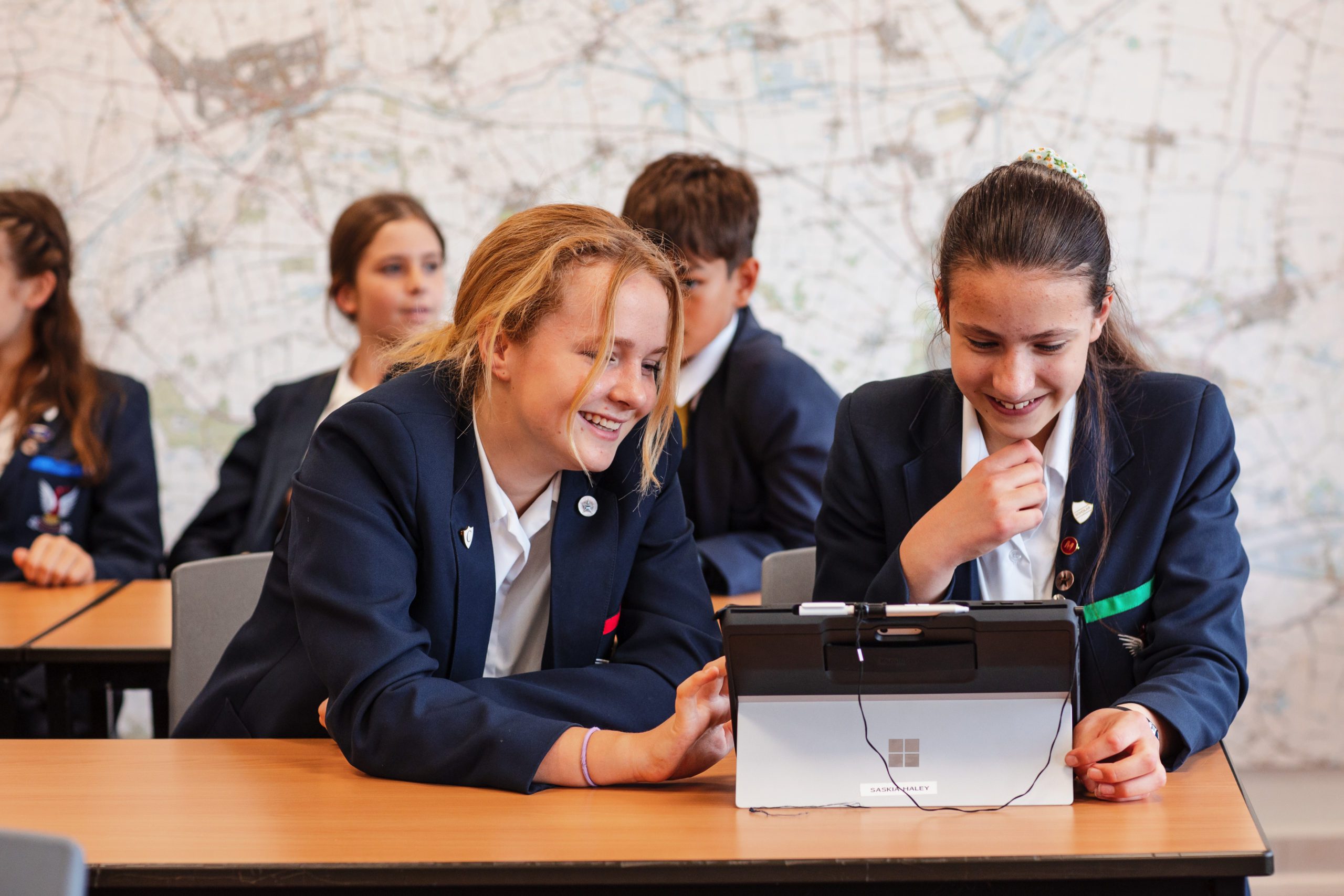
Applications now open for September 2026
Applications are now open for September 2026 entry for:
• Junior School
• Year 7
• Year 12 Sixth Form

Applications are now open for September 2026 entry for:
• Junior School
• Year 7
• Year 12 Sixth Form
Press Enter to search or ESC to close
Wednesday 21st December 2022

Since introducing the regular use of Surface Pro tablets into our students’ school lives, lesson style has inevitably evolved. But how much difference has this step forward into the digital world really made to the teaching and learning at Stamford Endowed Schools?
Dr Fiona Aubrey-Smith, of the 50 most influential people in education (named by Education Business, 2021) carried out some research into our device use by surveying students. The feedback produced was overwhelmingly positive.
When asked about the extent of their use of digital technology in class, 93% of students were pleased with the current provision. One major reason behind the students’ positivity towards the devices was a practical one; a reduction in back and neck pain because of no longer needing to carry round heavy textbooks.
Another clear benefit of the use of technology is increased ease of organisation, and the no-longer existent fear of losing work. In fact, 93% of students felt very pleased to have a central place where all teaching and learning materials are stored, allowing them to access materials on-demand, whether it be before the lesson, during, or retrospectively for revision purposes. Such a simple thing as thorough organisation can be a huge motivator and massive time-saver for students, encouraging healthy revision and homework habits (85% of students reported regularly accessing teaching and learning materials on-demand beyond times when they are instructed to do so in class). The use of a central learning space has had such a positive impact that moving forward, 71% of students would prefer all materials for all subjects to be online, and 95% would like to utilise additional kinds of digital technology, for example subject specific apps and software.

In terms of student-teacher interaction, over half of the students surveyed informed that they received feedback from their teacher quicker; a direct benefit of the 1:1 device to student provision. Furthermore, 3 of every 4 students felt a significant impact on their progress due to digital feedback, i.e., real time formative assessment tools, voice notes and online teacher marking. One game-changing feature of this is marking between lessons; where previously students would have had to wait until their next lesson to receive feedback on their work, they now regularly receive this between lessons, meaning the student has longer to digest and reflect on feedback outside lesson time and leaving more time during lessons to learn new content. Over 4 in 5 students felt an increased capacity for teachers to help them through digital technology; teachers can instantly see trends and detail across lesson activity and can consequently target real-time interventions. This helps at both ends of the spectrum by addressing misconceptions as well as accelerating confident learners.

The use of technology has not only increased depth of knowledge, but also breadth. 64% of our students felt that the use of digital technology had made it possible to learn something they may not otherwise have been able to learn. Another huge benefit is the personalisation of learning, with 87% of students reporting that the use of digital technology makes subject specific learning more relevant to them, with 89% elaborating that subject specific knowledge feels more engaging. Only 1 in 20 felt that digital technology was unhelpful in making teaching inputs more interesting and effective.
A notable aspect of the dataset related to inclusivity across all subjects in that 46% of students said that the use of their own device enabled them to use one or more accessibility features. This figure is significantly higher than the schools’ published figures for SEND, suggesting that a direct result of 1:1 device provision may be that students are accessing and using accessibility features that they would not otherwise have used. This significantly impacts embedding inclusive practice within mainstream teaching and learning in the schools by using digital technology.
The less positive responses were probed in detail, with the clear findings that their rationale usually related to perceived teacher competence, a few minor connectivity issues, technical device issues, for example faulty batteries, and a small minority who preferred to work on paper. These are issues which can all be investigated and assessed by the school. With our active IT services team to help resolve any device issues, and the possibility of further teacher training, the goal is always to improve moving forward.
Perhaps most importantly, a vast majority of 86% of students stated that having a personal device directly prepared them for life beyond secondary school, and after all, isn’t that what school is for?

